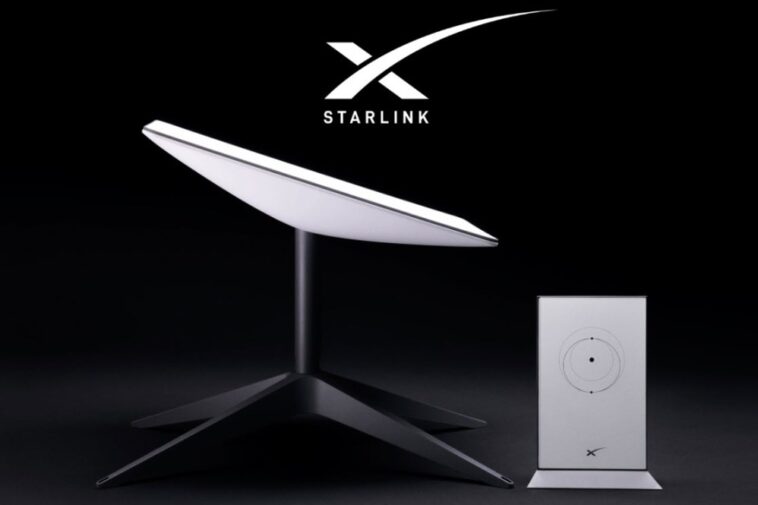Starlink, the satellite internet service owned by Elon Musk, has launched a more affordable kit and monthly plan in Kenya. This move comes just days after Safaricom, the country’s largest internet service provider, increased its fiber internet speeds in response to growing competition.
The new Starlink Mini kit is priced at $208.38 (KES27,000), significantly lower than the original kit introduced in July 2023 at KES45,000 ($347.25). This budget-friendly option offers speeds up to 100Mbps, potentially attracting cost-conscious consumers seeking high-speed internet access.
Accompanying the new hardware is Starlink’s residential Lite plan, priced at $30.87 monthly. This competitive pricing strategy is likely to intensify the race for subscribers across Kenya, as users increasingly seek cheaper and faster internet options. The company had previously introduced a $15 monthly kit rental plan, further expanding its range of accessible services.
Safaricom, Kenya’s dominant ISP, responded to Starlink’s growing presence by upgrading its internet speeds. The company increased its 10Mbps package to 15Mbps while maintaining the price at KES 3,000 ($23). Similarly, customers on the 20Mbps plan were upgraded to 30Mbps. More substantial upgrades were applied to higher-tier packages, with the 40Mbps plan doubling in speed and the 100Mbps package seeing a fivefold increase. Safaricom also introduced a new 1Gbps package priced at KES 20,000 ($155), targeting heavy internet users.
The competition between Starlink and Safaricom highlights the rapidly evolving internet landscape in Kenya. Safaricom currently holds a 36.7% market share in the data market, with an extensive network of 14,000km of fiber optic cable serving approximately 400,000 customers. However, the company has expressed concerns about the entry of satellite ISPs like Starlink, going as far as urging the Communication Authority of Kenya (CA) to block such services.
Starlink’s expansion in Kenya represents a significant challenge to traditional ISPs. The satellite-based service offers the potential for widespread coverage, including in areas where terrestrial infrastructure is limited or non-existent. This could be particularly impactful in rural and remote regions of Kenya, where internet access has historically been challenging.
The introduction of more affordable options by Starlink could accelerate internet adoption across Kenya. By offering high-speed internet at lower price points, the company may enable more Kenyans to access online services, educational resources, and digital economic opportunities.
As competition intensifies, consumers are likely to benefit from improved services and potentially lower prices. The pressure on established providers like Safaricom to enhance their offerings and consider more competitive pricing structures could lead to overall improvements in Kenya’s internet infrastructure and accessibility.
The ongoing developments in Kenya’s internet market reflect broader trends in the global telecommunications industry. As satellite internet technology advances and becomes more accessible, it poses both challenges and opportunities for traditional terrestrial networks. The outcome of this competition could have significant implications for internet access and digital inclusion not only in Kenya but across Africa and other developing regions.



